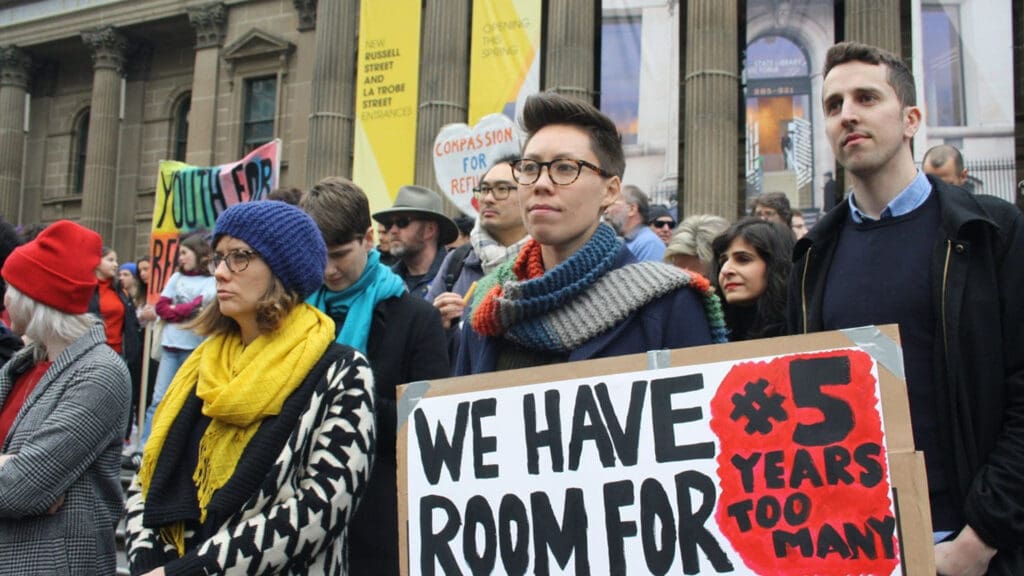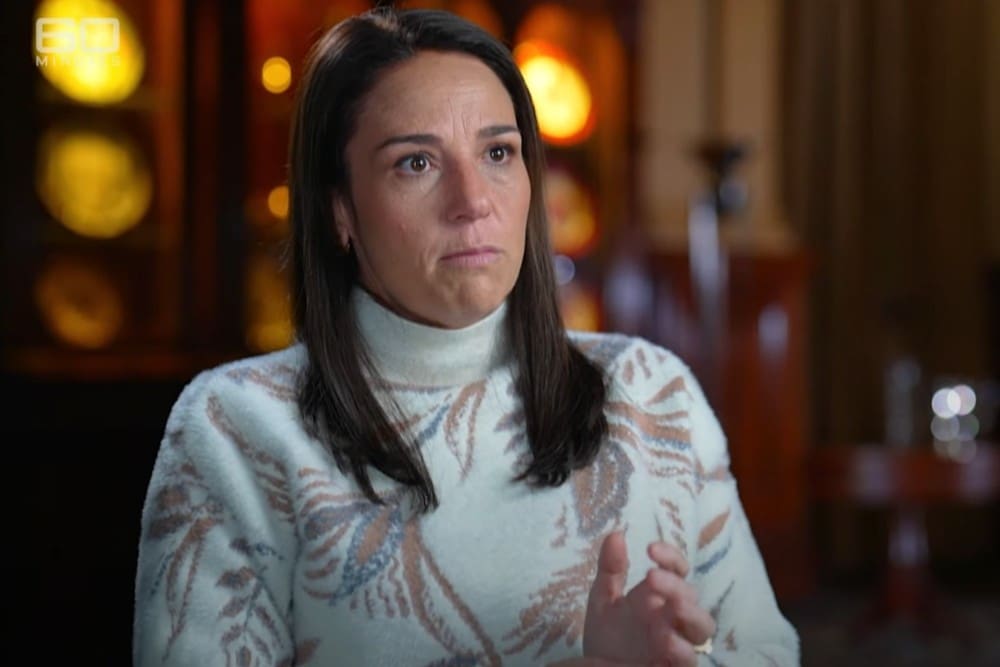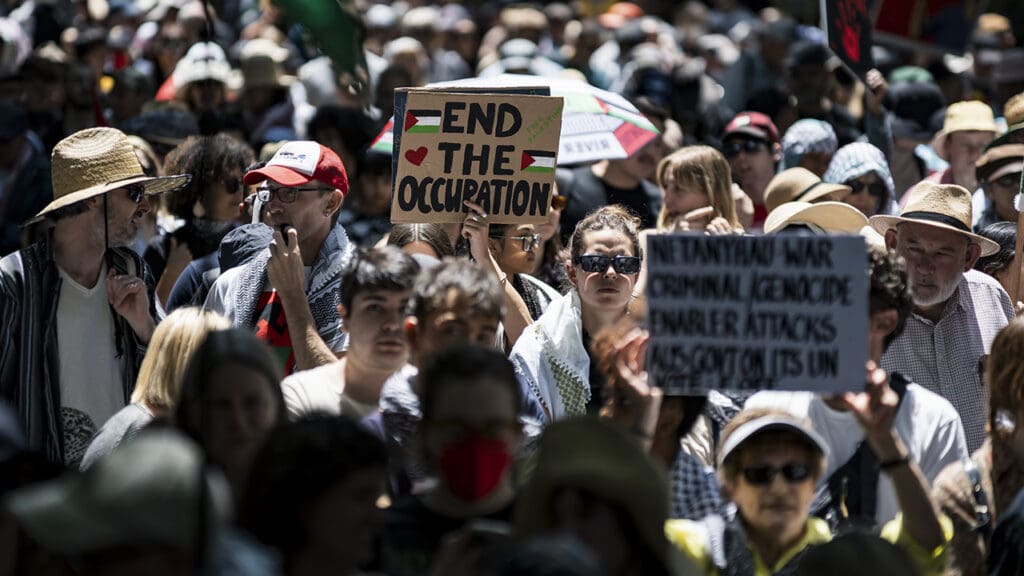Albanese Government should curb social media harms, instead of banning social media for teens
The Human Rights Law Centre is urging Parliament not to pass the Online Safety Amendment (Social Media Minimum Age) Bill 2004, which would ban people under the age of 16 from using social media platforms including Snapchat, TikTok and X, and fine social media platforms up to $50 million for failing to comply.
The ban will not address the real problem which is the turbocharging of mis and disinformation, hate speech and other harmful and illegal online content by big tech platforms, which is poisoning our communities.
Instead, the Albanese Government will punish young people and prevent them from accessing a valuable tool to connect, express themselves, seek information and build communities. Children have the right to be online and access digital environments. Evidence shows that social media bans and age verifications have not worked anywhere in the world.
A broad duty of care requiring social media platforms to take reasonable steps to protect every user from foreseeable harm, applicable to everyone, is a more balanced and effective solution.
David Mejia-Canales, Senior Lawyer at the Human Rights Law Centre, said:
“The Albanese Government should focus on making platforms safer for everyone and hold social media platforms accountable for their failure to stop harm, instead of punishing young people.
“The Albanese Government is rushing these laws through, with minimal scrutiny, in the final sitting days of the year. If the Albanese Government is confident in the necessity of this legislation, it should welcome robust consultation, not evade it.
“The social media ban is a distraction, it’s putting a band-aid on a growing wound. Instead of piecemeal age restrictions, we need an overarching duty of care that ensures digital platforms prioritise the safety, privacy, and wellbeing of all their users, not just the youngest.
“These laws would undermine the human rights of young people in unacceptable ways, including their rights to freedom of expression, access to information, and privacy.
“There are also potential constitutional concerns with this Bill, given its blanket ban on those under 16 using some of the primary tools for political communication in today’s society.
“The Government has already announced its intention to introduce an overarching duty of care for digital platforms. Instead of fixating on social media bans that will not work, it should prioritise delivering the duty of care and holding big tech platforms accountable for the harm their products cause.”
Media contact:
Chandi Bates
Media and Communications Manager
Human Rights Law Centre
0430 277 254
chandi.bates@hrlc.org.au

Allan Government’s kneejerk law and order response will not make communities safer from racism and hate crimes
Racist and antisemitic attacks, such as the horrific arson attack on East Melbourne Hebrew Congregation have no place in our community. Every person has the right to practice their religion without fear of intimidation or vilification, and to be protected from acts of hate speech, racism and violence.
Read more
ADF whistleblower breaks fifteen year silence on sexual abuse cover-up amid calls for stronger whistleblower protections
Former RAAF airwoman Julia Delaforce represented by the Human Rights Law Centre, has broken her fifteen year silence on alleged wrongdoing and sexual abuse which was covered up by the Australian Defence Force.
Read more
Minns Government must repeal draconian anti-protest laws
The Human Rights Law Centre is reiterating calls for the Minns Government to repeal its draconian anti-protest laws, following the excessive use of force from NSW Police at a protest, resulting in one protester sustaining serious injuries.
Read more



